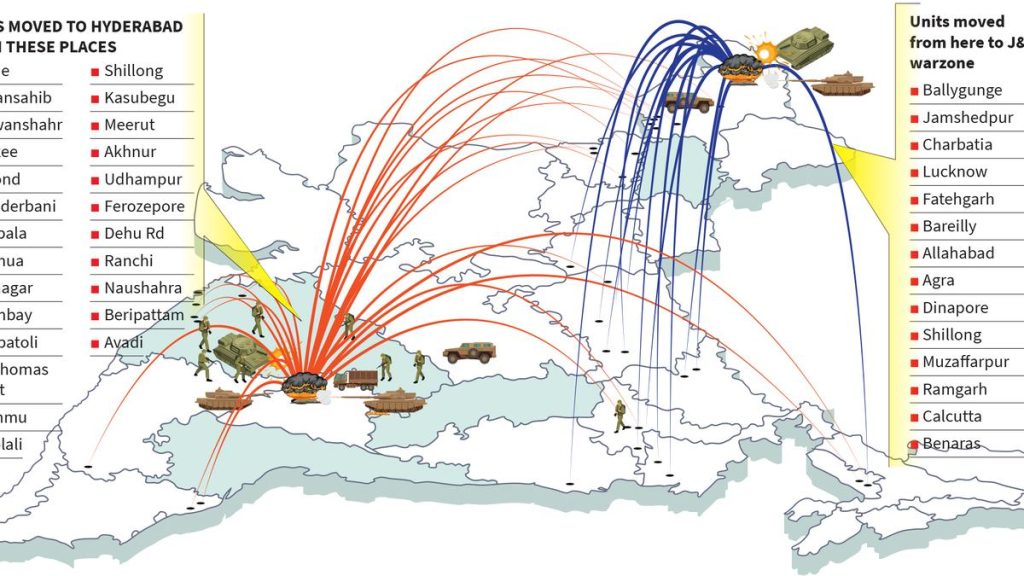Now Reading: Maharashtra Onion Farmers Strike Statewide Over Plummeting Prices
-
01
Maharashtra Onion Farmers Strike Statewide Over Plummeting Prices
Maharashtra Onion Farmers Strike Statewide Over Plummeting Prices

Swift Summary:
- A “phone strike” organized by the Maharashtra State Onion Producers Farmers Association will begin on September 12, 2025, and last for seven days.
- Farmers across Maharashtra will call various public representatives, including MPs, MLAs, and ministers at state and central levels, to protest against low onion prices.
- Onion farmers have faced notable financial losses over the past five to six months as market prices (₹800-₹1,200 per quintal) are far below production costs (₹2,200-₹2,500 per quintal).
- Bharat Dighole, president of the association leading the protest effort, accused government policies of neglecting farmers’ interests while focusing on consumer pricing.
- The association demands measures such as export subsidies for onions to boost international sales and a compensation of ₹1,500 per quintal for recently sold stock at low prices.
- Dighole also called for halting cheap releases of buffer stocks by NAFED/NCCF that allegedly depress market rates further.
- The protest seeks fair pricing that includes a minimum 50% profit margin over production costs and an immediate policy review by decision-makers.
Indian Opinion Analysis:
The announced “phone strike” highlights systemic issues in balancing agricultural economics between farmers’ interests and consumer priorities. While onion farming remains vital to India’s agricultural landscape-notably in states like Maharashtra-the reported disparity between production costs and market prices has led to unsustainable losses. These grievances underline a need for structural reform in India’s policies related to price stabilization mechanisms such as buffer stock releases or export regulations.
If coordinated successfully over seven days across multiple districts of Maharashtra-India’s largest onion-producing state-this form of direct civic action could set a new benchmark in grassroots advocacy by focusing accountability squarely onto policymakers. However beneficial this might be for drawing attention to farmers’ challenges momentarily; enduring solutions will likely require longer-term strategic interventions aligned with lasting trade models rather than reactive policy adjustments based on social outcries.
For more information: Read full article
























